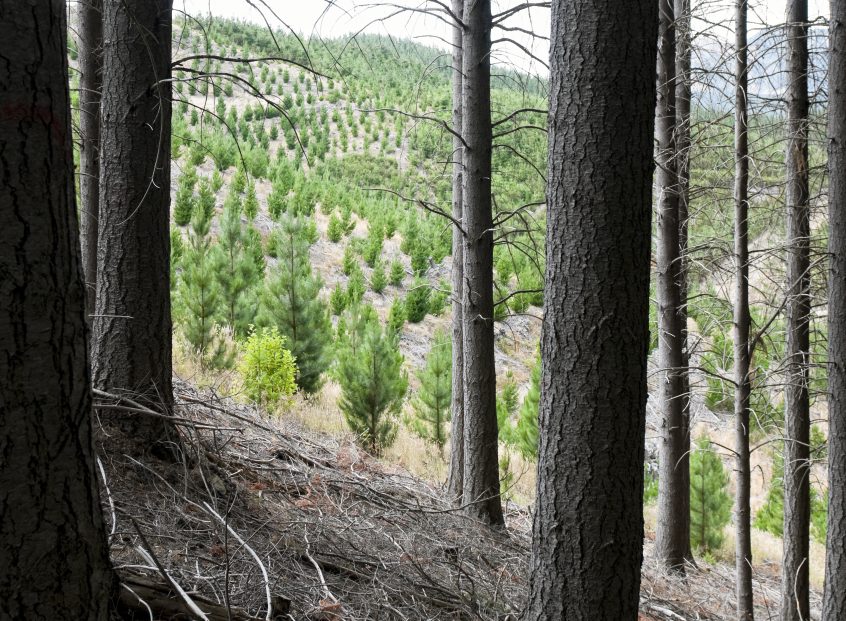Well managed timberlands and effective forestry practices are vital to reducing the dangers associated with catastrophic wildfires. The Everett Daily Herald published an op-ed authored by Rep. Tom Dent (R-Moses Lake) this week that urged us all to support evidence-based forest management strategies and to embrace opportunities to work in unison to lessen the impact of wildfires.
Up until recently, wildfire season was something that Eastern Washington residents primarily dealt with, Dent wrote. But the two consecutive years of smoke migrating to Western Washington from outsized blazes east of the Cascades forced the entire state to recognize that forest fires have become a statewide problem. In 2018, the Washington Department of Natural Resources responded to more than 1,850 wildfires that burned 440,000 acres and cost the state about $153 million.
According to Dent, this collective concern for wildfire provides an “opportunity to find common ground and work together toward decreasing the severity of wildfires and promoting policies that ensure healthy, resilient forests.”
Rep. Dent advocated for state and local agencies to employ more active fire management tools like prescribed fires (intentionally set fires that remove excessive amounts of combustible fuel accumulation in dense, fire-prone areas) and selective thinning (removing individual or groups of trees to prevent overcrowding). He also called on installing more firebreaks, which are gaps in vegetation that serve as obstacles to help stop or slow the spread of fire.
Prescribed fires, selective thinning and firebreaks are all responsible, science-driven approaches that private forestland owners use to maintain optimal forest health and to reduce the damage caused by large-scale fires. Applying more of these tactics statewide, Dent said, would help prevent future megafires, preserve a vital natual resource and promote economic development.
Said Dent:
“Not only is active forest management beneficial to our environment and natural resources, it is good for the economy. Logs come out of the forest in one of two ways: Either they are harvested to improve the health and resilience of the forest, or they burn to the ground. Responsible logging and thinning provide economic benefits, as well as healthy forests and jobs for our rural economies.”
Dent concluded his op-ed by acknowledging that the ultimate goal is to have fewer massive wildfires – and not just prevent all forest fires because…
“Blazes will always be a part of forestland, but ignoring them is not an option, especially when we have tools and policies available to better manage our forest health and the wildfires themselves. With planning, collaboration and smart policies, we can remove the word ‘catastrophic’ from wildfires.”
